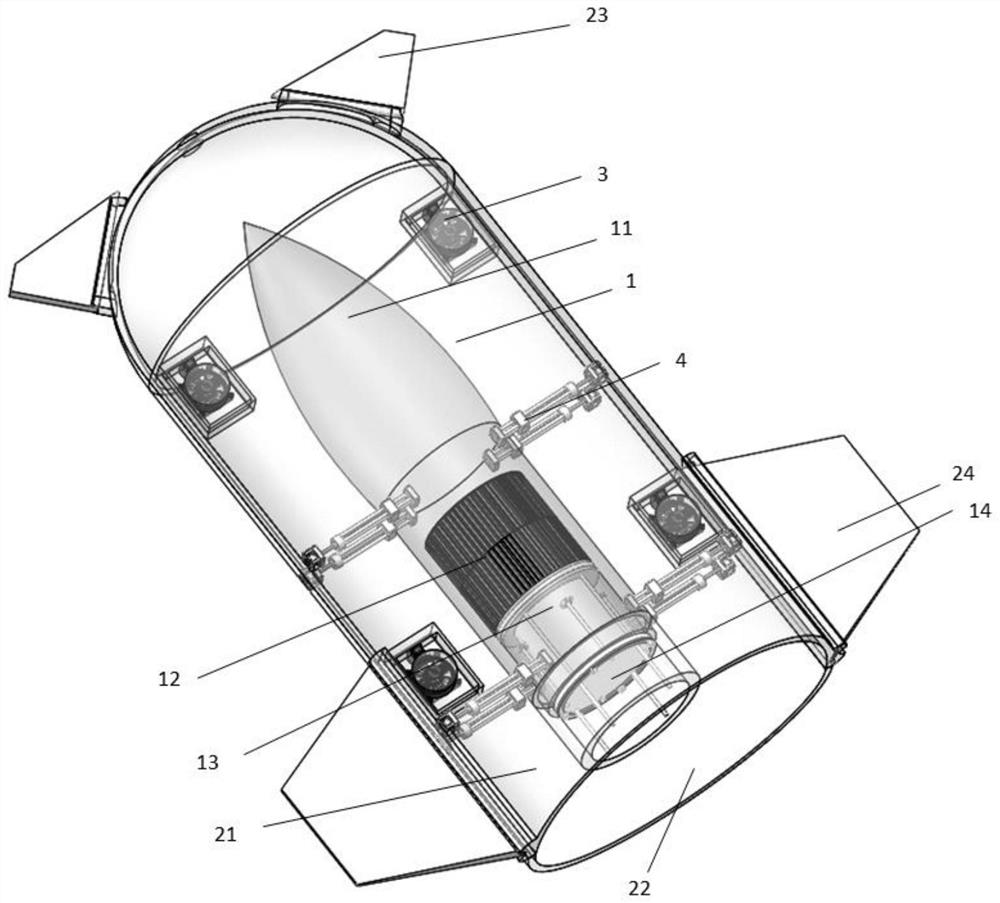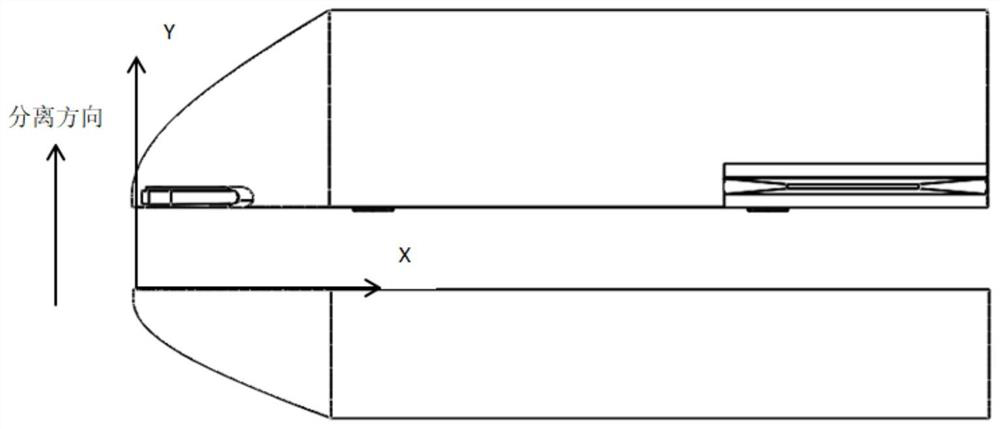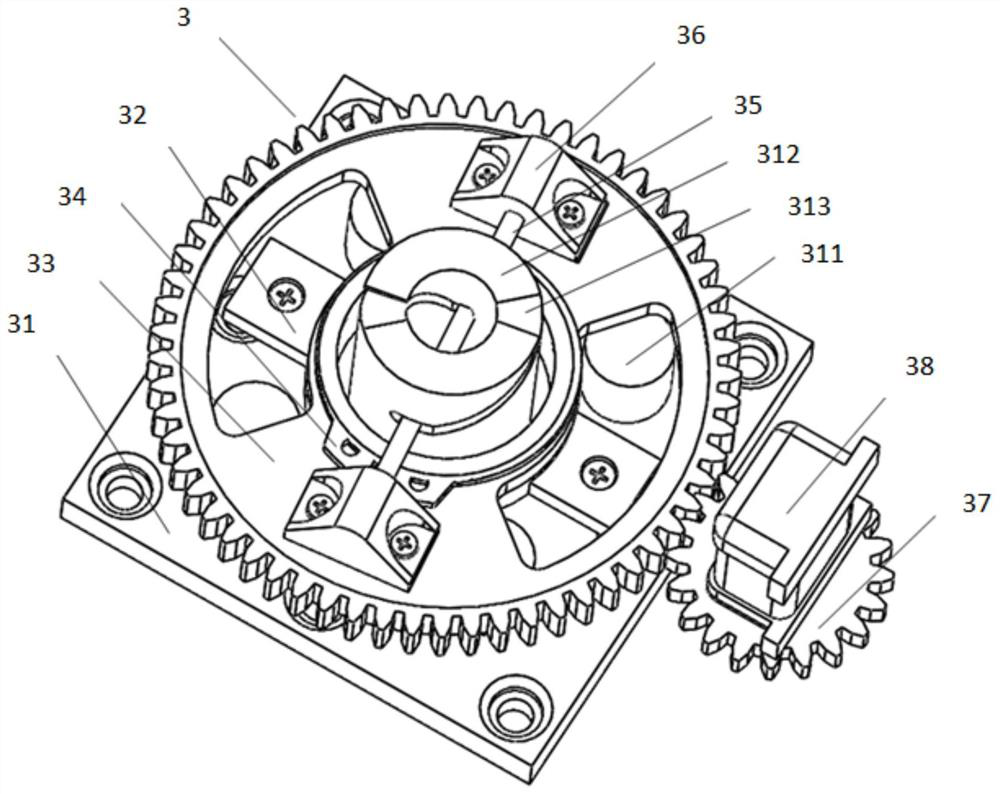Penetrator for detecting extraterrestrial celestial body with atmospheric layer and solid surface
A solid surface, penetrator technology, applied in aerospace vehicles, aircraft, transportation and packaging, etc., can solve the lack of penetrator survival problem in-depth research, atmospheric environment reverse thrust and landing can achieve complex, thermal protection and deceleration The scheme needs to be studied and other issues to achieve the effect of simple structure, easy control and strong practicability
- Summary
- Abstract
- Description
- Claims
- Application Information
AI Technical Summary
Problems solved by technology
Method used
Image
Examples
Embodiment Construction
[0035] In order to make the object, technical solution and effect of the present invention clearer and clearer, the following examples are given to further describe the present invention in detail. It should be pointed out that the specific implementations described here are only used to explain the present invention, not to limit the present invention.
[0036] Such as figure 1 As shown, a penetrator of the present invention for detecting extraterrestrial celestial bodies with an atmosphere and a solid surface is composed of four parts: a penetrator inner core mechanism, a protective cover, a protective cover connection and separation mechanism, and a center-of-mass adjustment mechanism.
[0037] Described protective cover comprises upper casing 21, deceleration ventral surface 22, front aerodynamic control surface 23 and rear aerodynamic control surface 24, as figure 1 As shown, the section of the upper casing 21 is semicircular, the section of the decelerating ventral surf...
PUM
 Login to View More
Login to View More Abstract
Description
Claims
Application Information
 Login to View More
Login to View More - R&D Engineer
- R&D Manager
- IP Professional
- Industry Leading Data Capabilities
- Powerful AI technology
- Patent DNA Extraction
Browse by: Latest US Patents, China's latest patents, Technical Efficacy Thesaurus, Application Domain, Technology Topic, Popular Technical Reports.
© 2024 PatSnap. All rights reserved.Legal|Privacy policy|Modern Slavery Act Transparency Statement|Sitemap|About US| Contact US: help@patsnap.com










